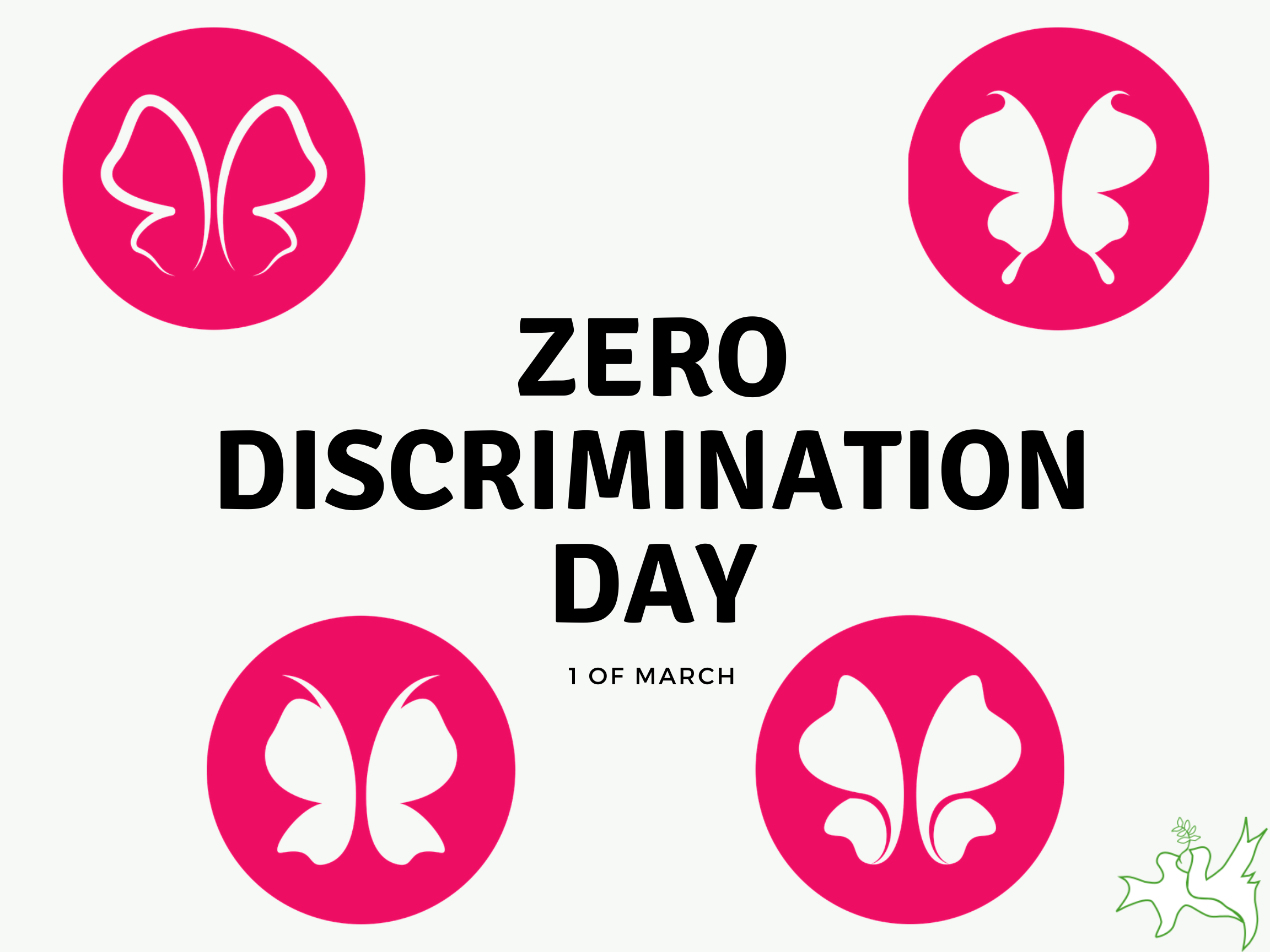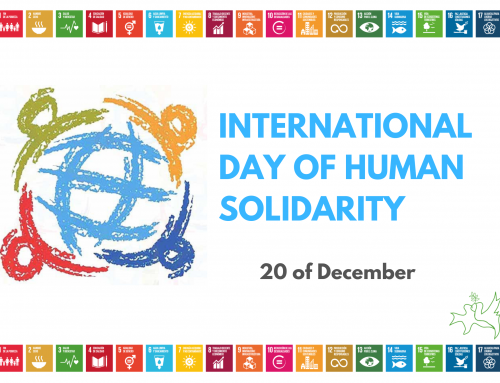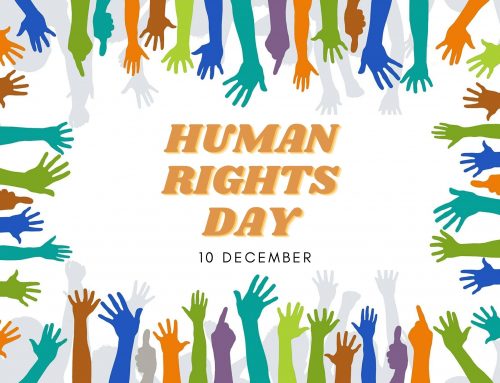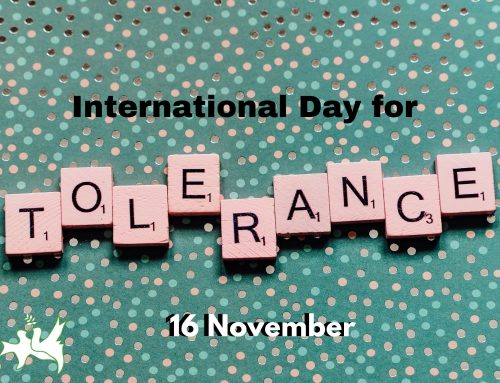On March 1, 2021, the Zero Discrimination day is celebrated, highlighting the urgent need to act to end inequalities in income, sex, age, health status, occupation, disability, sexual orientation, drug use, identity of gender, race, class, ethnicity and religion that continue to exist throughout the world.
Discrimination and inequalities are closely related. Interconnected forms of discrimination – whether structural or social – against individuals and groups can lead to a wide range of inequalities, for example in income, educational outcomes, health and employment. However, inequalities themselves can also lead to stigma and discrimination. Therefore, when trying to reduce inequalities, it is essential to address discrimination. Members of key populations are often discriminated against, stigmatized and, in many cases, criminalized and singled out by law enforcement. Recent studies have shown that this social and structural discrimination leads to significant inequalities in access to justice and in health-related outcomes.
Ending inequality requires transformative change. Efforts must be redoubled to eradicate extreme poverty and hunger and it is necessary to invest more in health, education, social protection and decent jobs.
Governments must promote inclusive social and economic growth. They must eliminate discriminatory laws, policies and practices to ensure equal opportunities and reduce inequalities.






